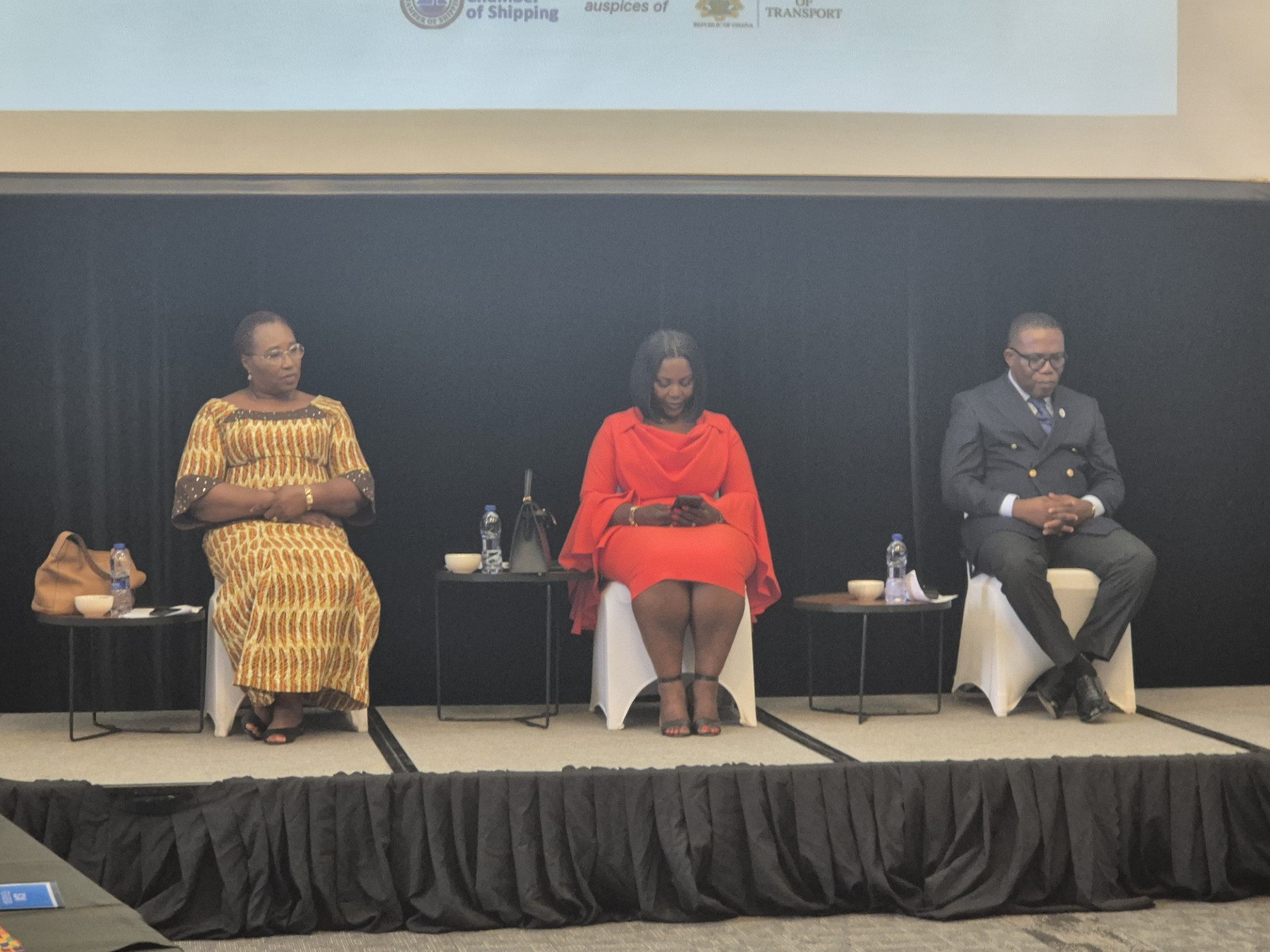
Spoilers follow for the first season of Alien: Earth, through finale “The Real Monsters,” which premiered on FX on September 23.
By the end of Alien: Earth, Noah Hawley’s prequel series has established a shocking bit of revisionist history for the franchise. No longer are the xenomorphs perfect killing machines linked to a mysterious race called the Engineers, who also created humanity. They’re now protectors of a little girl named Wendy against the big bad adults who abused her and a whole cadre of other kids in the name of profit. The xenomorphs aren’t evil; they’re just misunderstood. Do you understand who those “real monsters” are? Did you want a villains-aren’t-born, they’re-made story in the style of Disney’s Cruella with the barest sheen of class-solidarity goop on top? Here you go, and it’s goofy as hell.
Over his decade-plus of work on FX series Legion and Fargo, Hawley has come to be heralded as an adaptor of unadaptable things, someone who distills the essence of an original work and then remixes it with fantastical touches and lived-in characters. In the latest, fifth season of Fargo, Hawley’s obsession with debt reflected an increasingly anti-capitalist worldview, and it’s in line with his preferences for Alien: Earth to depict the five corporations that rule the world as evil money-grubbers fighting over the scraps of a dying society locked in indentured servitude. But this isn’t a unique idea within the context of the Alien franchise, which means that Hawley’s only real addition of note is the suggestion that xenomorphs can be relative heroes against the greater evil of tech bros. This is what occurs in “The Real Monsters”: Wendy leads an uprising of the other hybrid Lost Boys and the xenomorphs she’s befriended against all the adults on Neverland, and together they capture Boy Kavalier, their creator; Atom, the Boy Genius’s closest business adviser; Dame Sylvia, the doctor who helped create the hybrids; Kirsh, the adult synth who raised them; and Morrow, the Weyland-Yutani cyborg employee who manipulated them. While they’re all restrained and locked up, the kids are going to rule with the xenomorphs as their enforcers, and seemingly they’re going to fight Weyland-Yutani’s mercenaries, too, who are arriving on the island to reclaim their abducted extraterrestrials. Alien: Earth hasn’t been renewed yet, but warfare — driven by Wendy’s insistence that the xenomorphs are just like them, captives who didn’t want to be caught or controlled, and have their own societies and communities — seems to be the setup for season two.
Alien: Earth presenting Prodigy CEO Boy Kavalier as a spoiled megalomaniac who thinks of living creatures purely as lines on a balance sheet is a perfectly acceptable present-day sentiment. It’s also simply an update on an antiauthoritarian idea that’s been baked into Alien from the beginning. Underneath the increasingly tedious references to Peter Pan and the repetitive Blade Runner–esque questions about what makes humans human, Alien: Earth doesn’t have much new to say. Certainly, there are delights here — bleach-blond Timothy Olyphant’s natural deadpan and pitch-perfect skepticism make synth Kirsh the series’ standout character, and the spider eyeball is a fun chaos agent. But in terms of a prequel-to-prequel comparison, next to the zany mysticism and humanity-loathing highs of Alien director Ridley Scott’s own prequel films, 2012’s Prometheus and 2017’s Alien: Covenant, Hawley’s spin on the franchise feels like it’s offering pastiche rather than insight.
Within Alien, Scott and credited writer Dan O’Bannon were unequivocal about how dire things on Earth had gotten thanks to the greed of companies like Weyland-Yutani: Underpaid employees were trapped in decadeslong contracts and then treated as expendable. In Aliens, written and directed by James Cameron, Ripley was smeared as a madwoman when she questioned why, exactly, her bosses were ignoring her concerns about aliens with impenetrable exoskeletons and acidic blood. Together, Scott, O’Bannon, and Cameron set a blueprint that then continued through Alien3, Alien: Resurrection, and the rest of the long-running franchise. Thanks to them, the horrors of the Alien universe are twofold: the xenomorph as an unknowable evil and the corporations running the world as recognizably nefarious, familiar in their appetite for more at the expense of any and all. Within that milieu, Prometheus and Covenant luxuriated in the “why” of the latter: Through Peter Weyland’s desire to meet his maker and beg for more life, the prequels were really asking what is it about our humanity that makes us so susceptible to greed and so narcissistically desperate to be defined by a higher purpose.
In Prometheus, a pair of archaeologists, funded by the pre-merger Weyland Corporation, track a series of ancient star maps to a distant moon where they believe they’ve found a race that created humans in their image. (This is about 30 years before the Nostromo crew in Alien discover a gigantic fossilized Engineer and its mysterious ship.) When the Prometheus crew arrives on the moon in 2093, everything goes to shit because, as it turns out, the Engineers created an oily black bioweapon that mutates whatever it infects and then lost control of the weapons base where it was being manufactured. Also shocking to the Prometheus crew: the realization that the Engineers, who first used the black goo on themselves to create human beings, were charting a course to Earth to drop the weapon on humanity and destroy it. The Engineers don’t explain why they were turning their back on their descendants. (Scott himself did, however, on a podcast, clarifying that the Engineers would “wipe clean” planets that disappointed them.) But synth David (Michael Fassbender) sees in the dangerous and destructive black goo an echo of himself and an opportunity to create life in the way that his creator, Peter, did. Like Roy Batty, who feels contempt for his “father,” Tyrell, in Blade Runner, David has grown to resent his emotionally distant daddy; Fassbender’s line reading of “Doesn’t everyone want their parents dead?” is exquisitely cold.
When an Engineer kills Peter but David is able to survive the same attack, he sees it as more proof of his superiority. Humans were never the stronger, smarter, better race. They created synths to serve them, but David knows that he, and the rest of his kind, can surpass their makers. And if humans created David, and the Engineers created both humanity and the black goo, wouldn’t anything created from the latter be sort of like David’s siblings or even his own children?
Covenant pushes that idea further by having Fassbender play both David, who has spent 11 shipwrecked years conducting grotesque tests on humans, and Walter, a synth still programmed to willingly protect people. It’s not really clear if David was the first being to design the xenomorphs or if the Engineers already did that; Scott has been somewhat evasive in discussing this, though his answers tend to point to David. But more important than that are David and Walter’s disagreements about the nature of creation and whether it’s something that should occur naturally via evolution or single-handedly via experimentation. Those arguments push the Alien franchise in a more philosophical, introspective direction. And although Covenant ends with David killing Walter, taking his place, and vowing to continue his experiments — bleak! — the film is undergirded by a level of sympathy for everyone involved: humans, with their easily breakable bodies; xenomorphs, either created from killing or created just to kill; even David, so fucked up with daddy issues that he’s spent years of his life trying to outdo Peter. Alien: Covenant’s final observation is somewhere along the lines of “Looking for life’s meaning is a Sisyphean task,” and while that doesn’t have the same fuck-yeah action-movie energy of either Alien or Aliens, it does feel like an appropriately grand evolution for a series that has helped define the sci-fi genre for nearly five decades.
None of this backstory has come up in Alien: Earth, which is set in 2120, two years before the events of Alien, and has been described as a “parallel” story to that first film. Hawley has done a lot of press for the series, but for the most part, he hasn’t really talked in-depth about why he avoided the lore established in Prometheus and Alien: Covenant. In January 2024, he said the Prometheus idea that the xenomorphs were created as a bioweapon is “inherently less useful to me.” More recently, in August 2025, he described the xenomorphs’ established origins as “another idea … [that] wasn’t part of my DNA of what these movies were to me. And so I chose not to engage with that part of the story and to just sort of speak to the alien that I had encoded.”
Hawley’s being a little cheeky with his wording here, given that a major story driver in Alien: Earth is Wendy’s inexplicable ability to speak with the xenomorphs — conversations we never see translated, so as viewers, we have to accept Wendy’s insistence that the xenomorphs are advanced creatures with their own communities and that the puppylike one who follows her around “could be good.” It’s frustrating that Hawley refuses to engage with Prometheus and Alien: Covenant’s musings about origins, progeny, and purpose, though, because they align so much with what he’s attempting to do in Alien: Earth, just more horrifyingly and more thoughtfully. In fact, Wendy kicking against her father figure and connecting with a xenomorph she’s been told to loathe and fear is basically exactly what David did in those films. In suggesting that corporations like Prodigy and Weyland-Yutani have turned the concept of “discovery” into a rat race that benefits no one but the people on top, Alien: Earth is simply mimicking in Boy Kavalier and Yutani what we already know about people like Peter Weyland. And although Alien: Earth rejects the Engineers and their black goo, as well as the idea of the xenomorphs as engineered, isn’t it lifting that dynamic wholesale for the Boy Genius and his Lost Boys, creations whose bodies were fabricated and fine-tuned rather than naturally developed? The black goo helped bring about the end of the Engineers; the xenomorphs, the end of various colonist human groups; and now the Lost Boys are wrenching the world from their adult overlords. Once again, the story beats are the same.
Instead of discussing most of this, Hawley has spoken about Alien: Earth as a series primarily about class dynamics, and that’s most evident in a character like Morrow, whose decades on the Maginot separated him from his now-dead daughter (Ripley-in-Aliens vibes there), and in scenes like the boardroom tiff between the bratty Boy and the irritated Yutani, trading unfathomable amounts of money like it’s so much change fallen between couch cushions. The rich citizens of New Siam dressing like they’re French nobles, the Maginot crew bickering over their shares, and Kirsh and Boy referencing one of their dead Lost Boys as a $6 billion loss are a little on the nose but also part of Hawley’s vision of this striated world. You can see all of those elements as Hawley’s version of Ripley’s iconic lines comparing humans and xenomorphs, from Aliens: “You know, Burke, I don’t know which species is worse. You don’t see them fucking each other over for a goddamn percentage.” Is that enough, though?
I love a class-based analysis; it’s one of my favorite things to write and to read. But it’s an incredibly odd fit for Alien: Earth because aside from Joe Hermit, who actually is a Prodigy employee and loathes how they refer to his sister, Marcy, as an investment now named Wendy, this isn’t really a story about socioeconomic struggle. Those concerns lurk in the background of Alien: Earth; they don’t dominate the primary text. Instead, this is — exactly as Prometheus and Alien: Covenant were — a story about creation, about who gets to do it, and about what dangers we unleash when we multiply. And it’s disappointing that Hawley either doesn’t recognize that in his own work or didn’t consider how much more creatively engaging his series could have been if he maintained those films’ backstory and used it to complicate his themes even further. So what if the xenomorph was engineered as a weapon; does that preclude it from making a friend like Wendy, from experiencing fear or anger or wanting to protect and love? So what if the Engineers copied their own DNA to create humanity; how would the discovery of their existence further embolden the wealthy, who already see themselves as new gods, and drive further wedges between despots like the Five? Think of what the archaeologist Charlie Holloway tells David in Prometheus — “We made you because we could” — and how ripe that statement is for further analysis. All of those ideas are simmering in Prometheus and Covenant, waiting to be further elasticized and explored. Alien: Earth could have grasped them. But the series’ first season was too committed to childish things to allow the franchise to grow up.



